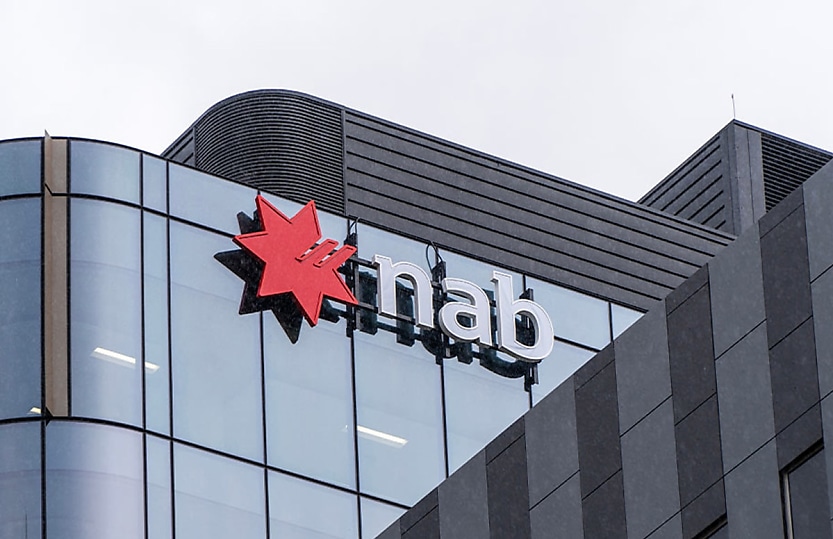Business conditions rebound in September: NAB

Business confidence and conditions rose last month with employment, trading conditions and profitability all improving, according to the latest NAB business survey.
The NAB Monthly Business Survey for September has revealed that while business confidence remains in negative territory and below average, business conditions are now back around their long-run average at +7 index points.
The major bank said that all three subcomponents rose, with trading conditions up 4 points and the employment and profitability indices up 3 points.
NAB head of Australian economics, Gareth Spence, said the rebound in conditions in the month was driven by manufacturing, recreation and personal services, retail and wholesale.
Business conditions were up 11 points in manufacturing, while retail and recreation and personal services increased 5 points and wholesale improved 4 points.
Other industries were broadly steady except mining, where conditions fell sharply, according to the survey.
Spence said confidence remains weakest in the goods distribution industries including retail and wholesale despite retail seeing some improvement in September.
While conditions have trended lower for around 24 months as growth has slowed, Spence said capacity utilisation remains well above its long-run average.
“This remains an important dynamic for the RBA where, despite slow growth, inflation remains too high suggesting that the balance of supply and demand in the economy is yet to fully normalise," he said.
The major bank said that with capacity utilisation tracking well and capex also remaining healthy, business activity remains resilient despite the economy tracking through a period of slow growth.
The survey also indicated that input cost pressures are continuing to ease. Labour cost growth was 1.7 per cent for September, down from 1.8 per cent in August. Purchase cost growth also eased, falling to 1.2 per cent in September from 1.6 per cent the previous month.
Spence said input cost growth remains elevated, with both labour and purchase costs growth still high but continuing to trend lower.
"This is consistent with what we are seeing in the labour market, with wage growth looking to have passed its peak, and the moderation in import price growth," he said.
Forward orders remain weak at -5 index points, suggesting there may continue to be some pressure on activity going forward, according to the bank.
Spence said that overall the business survey points to some encouraging signs as the RBA attempts to come in for a soft landing.
"While we would like to see the easing in price growth maintained over coming months, and for conditions to hold up even if just at around average levels, for now, the trends remain encouraging," he said.
About the author

